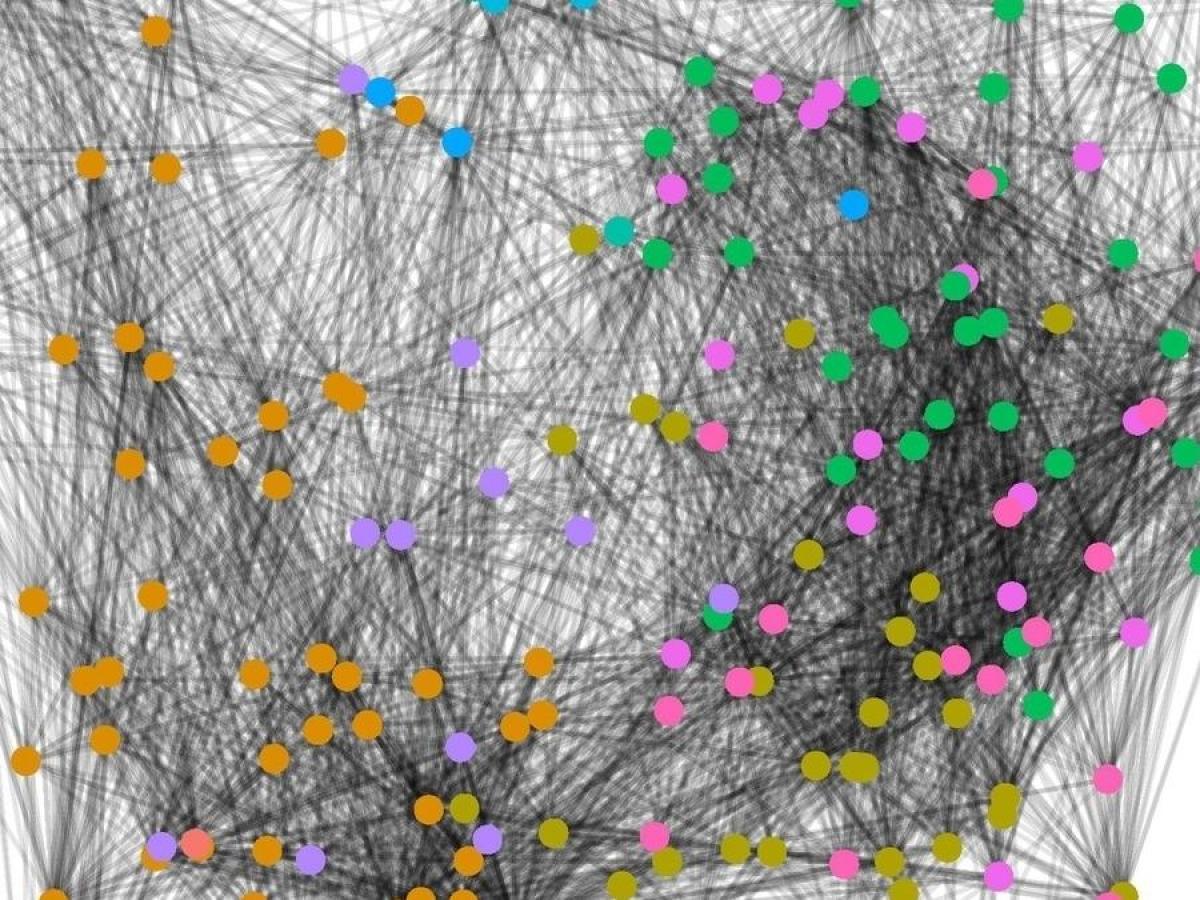Statistics
Research in statistics involves collecting, modelling and analysing data to draw conclusions, inform decision-making, solve problems and direct business development.

Statistics plays a vital role in the development and practice of modern science.
Biology, for example, is now highly quantitative, and critically dependent on the mathematical, physical and computer sciences; while biostatistics is central to the development and practice of modern medicine. Indeed, without the biostatistical principles underlying clinical trials and epidemiological studies, the pharmaceutical industry would not exist.
Our Statistics research group is particularly focused on statistical bioinformatics.
-
Research impact
Our research has led to many important real-word discoveries and advances.
Recent highlights include:
- showing that Aboriginal Australians’ cultural connection to country is strongly supported by genetic data
- advising the South Australian Electoral Districts Boundaries Commission
-
Lead researchers
Research team Expertise Dr Simon (Jono) Tuke Natural language processing; medical statistics Dr Melissa Humphries Mathematical psychology; longitudinal data; Bayesian statistics Dr John Maclean Data science; data assimilation; Bayesian statistics; object tracking Mr Max Glonek Network modelling; network analysis; computational social science Dr Jacinta Holloway-Brown Statistics, data science, machine learning, remote sensing analysis and environmental modelling Dr Lauren Kennedy Survey statistics; Bayesian statistics Professor Dino Sejdinovic Data science, machine learning, kernel methods, multiresolution data and data fusion, measures of dependence and multivariate interaction
Dr Sasha Gavryushkina Computational biology, Bayesian statistics, phylogenetics, birth-death models, genomics data analysis To enquire about consulting or working with us on a research project, please contact our lead researcher within the School of Computer and Mathematical Sciences:
-
Consulting services
We are available to advise or lead public- and private-sector data modelling and analysis projects in genomics, proteomics and systems biology.
Higher degree by research opportunities
Whether you intend to work in research or industry, a higher degree by research can give you a competitive edge throughout your career.
Find out more about studying a Master of Philosophy Master of Philosophy (MPhil) or Doctor of Philosophy (PhD).

